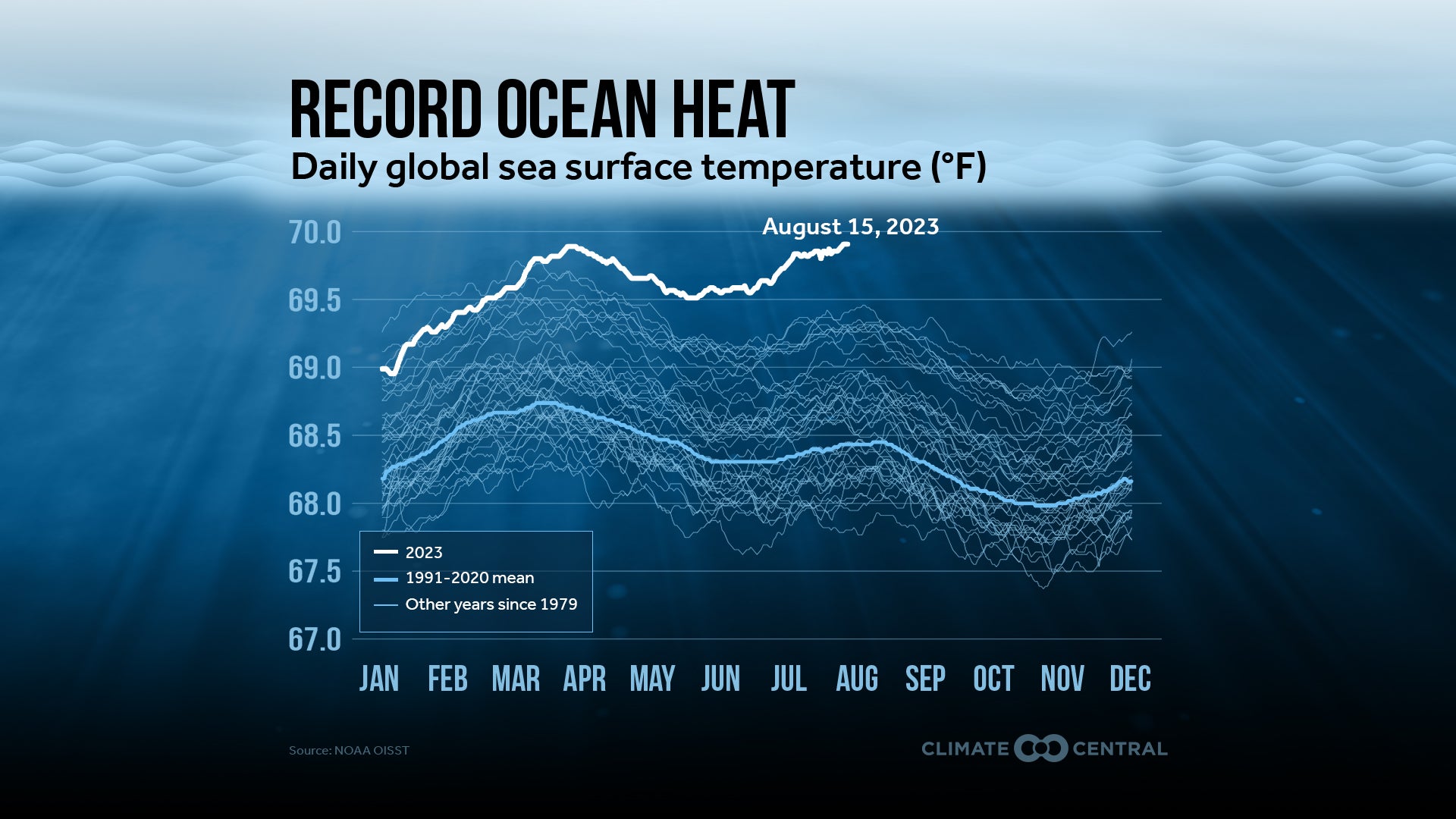Brown bear cubs are dying in Japan amid shortage of salmon likely caused by climate crisis
‘Some bears have grown really thin, and they are having a tough time. There are no fish in the rivers, just like last year’
Your support helps us to tell the story
From reproductive rights to climate change to Big Tech, The Independent is on the ground when the story is developing. Whether it's investigating the financials of Elon Musk's pro-Trump PAC or producing our latest documentary, 'The A Word', which shines a light on the American women fighting for reproductive rights, we know how important it is to parse out the facts from the messaging.
At such a critical moment in US history, we need reporters on the ground. Your donation allows us to keep sending journalists to speak to both sides of the story.
The Independent is trusted by Americans across the entire political spectrum. And unlike many other quality news outlets, we choose not to lock Americans out of our reporting and analysis with paywalls. We believe quality journalism should be available to everyone, paid for by those who can afford it.
Your support makes all the difference.At least eight brown bear cubs born this year have died in northern Japan due to shortage of salmon in a sign of the worsening climate crisis.
Officials are alarmed after brown bears in Shiretoko, a Unesco World Natural Heritage site in Hokkaido, were seen starving and scrounging for food among rocks and seaweed as they fail to find salmon at the mouths of the rivers, according to Japanese media.
Images taken from a tour boat, published by Japanese newspaper The Asahi Shimbun last week, showed thin and starving brown bears swimming into the river in search of salmon or turning rocks on a beach to find food.
“An estimated 70 to 80 per cent of the cubs born this year are dead,” Katsuya Noda, who operates the cruise, told the newspaper. “It’s really a serious situation.”
“Some bears have grown really thin, and they are having a tough time. There are no fish in the rivers, just like last year.”
The region, home to an estimated 500 brown bears, has pink salmon hatching in Hokkaido’s rivers. The salmon typically spend the winter in the sea before returning to Shiretoko’s streams between August and October to spawn.
Brown bears traditionally await these salmon as they make their way upstream, but in the last few years, there has been a shortage of the river fish, with conditions significantly worsened in 2023, forcing them to venture into the sea or die of starvation.
Record sea surface temperatures have been linked to reduced population of salmon. The temperatures off Hokkaido coast have remained above 20 degrees Celsius from mid-July to early August in 2021 – an astonishing 5C higher than the average for that period.
Water temperatures greater than 17C stress salmon, and temperatures above 21C can be lethal, according to US government’s state of salmon report.
This is in line with the larger trend of unusually hot sea surface temperatures around the world and a sign of worsening climate change that scientists have been warning about.
This year a severe marine heatwave was also recorded off the coast of the UK and Ireland and hotter Atlantic temperatures are also fuelling strong hurricanes.

Apart from pink salmon, brown bears also depend on acorns to feed themselves, but they are finding it difficult to come across either of their staples this year.
“This year, in addition to the lack of salmon, acorns also have a poor harvest,” Masami Yamanaka, a researcher at the Shiretoko Nature Foundation, told The Asahi Shimbun.
The shortage of food has increased animal-human conflict in Japan, with bears venturing out in human settlements looking for food. Over 1,056 brown bears were caught and killed in Hokkaido in just months, from January to April 2022, making it the highest number of bear killings recorded in a year.
The shortage of salmon is also worrying fishermen whose produce has halved in the last two years.
According to the Hokkaido Salmon Propagation Association, while around 482,775 pink salmon were caught in rivers in Hokkaido between 25 July and 5 September in 2020, just 23,298 were caught last year.




Join our commenting forum
Join thought-provoking conversations, follow other Independent readers and see their replies
Comments